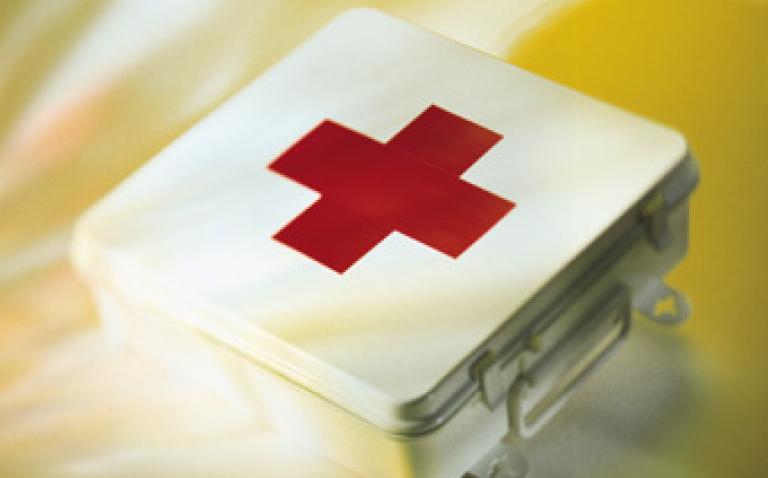Everyone should be seen as a potential organ donor on their death unless they expressly request not to be, England’s chief medical officer says. Sir Liam Donaldson wants a system of “presumed consent” to be introduced in England to tackle organ shortages. His Scottish counterpart rejected the move.
One person a day dies after failing to find a suitable donor, data suggests. The Tories opposed the move, saying it would be better to increase the number of people on the donation register. Shadow health secretary Andrew Lansley said: “The state does not own our bodies or have a right to take organs after death.”
He said the Conservatives were committed to enhancing organ retrieval teams in hospitals and appointing more donor liaison nurses as the best way to combat any “transplant crisis”.
Sir Liam said that efforts to persuade more people to either carry donor cards or sign up to the NHS Organ Donor Register had failed. The move has been welcomed by transplant campaigners and been endorsed by the British Medical Association (BMA). “We must increase the number of donors available and the BMA believes that a system of presumed consent with safeguards, will help to achieve this,” said Dr Tony Calland, chairman of the medical ethics committee.Sir Liam said he was making the recommendation based in part on the experience of Spain. Donation rates have almost doubled there to 35 people per one million since a system of presumed consent was introduced in 1990. Spain runs a so-called “soft” opt-out system, where even if the person has not themselves opted out of donation while alive, the views of relatives are sought and they can refuse consent. Other countries, such as Austria, run a very strict system where the views of relatives are not taken into account at all.
He added that any new opt-out scheme would have to follow an intense public information campaign, and in any event, remained in the hands of parliament.










